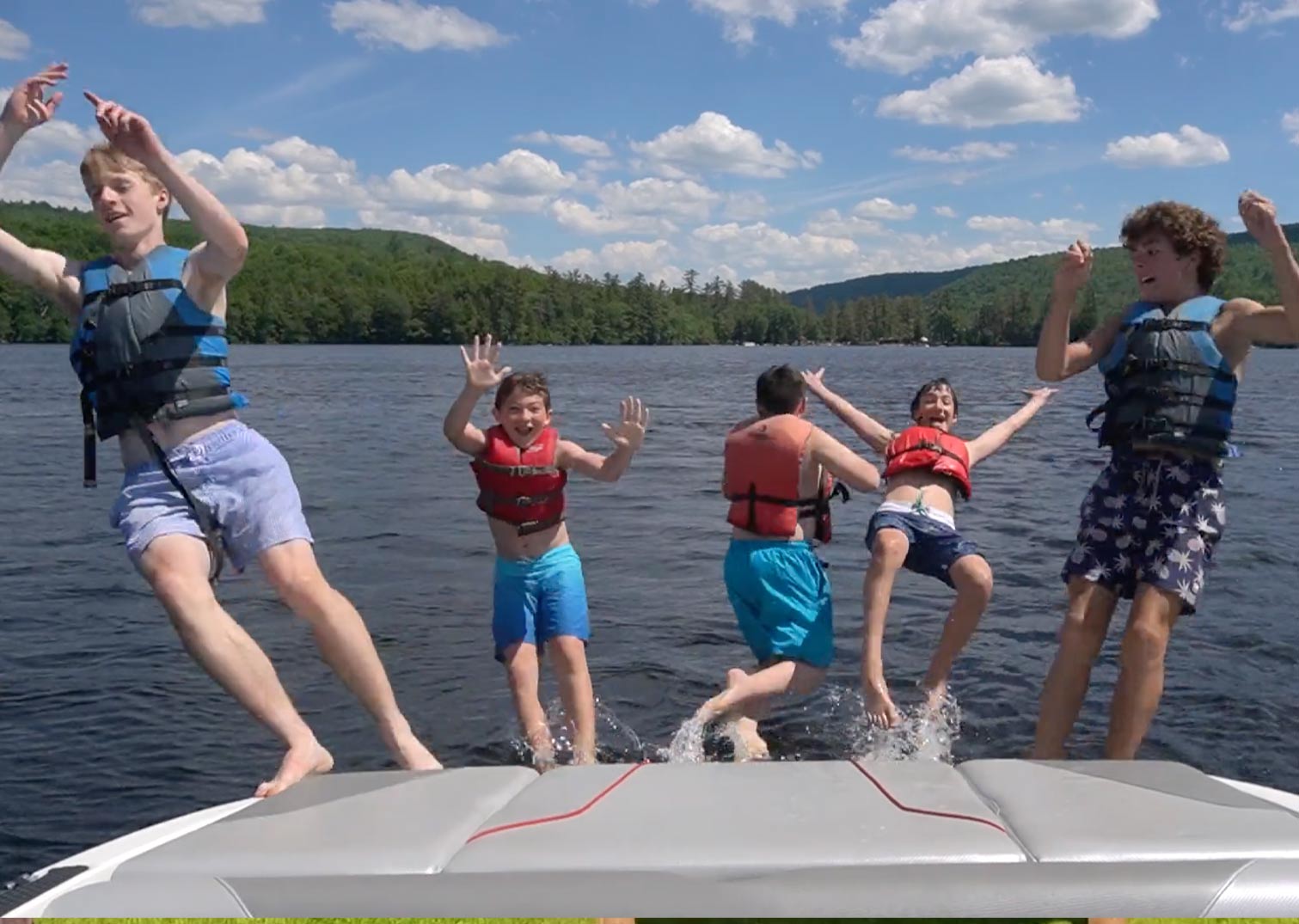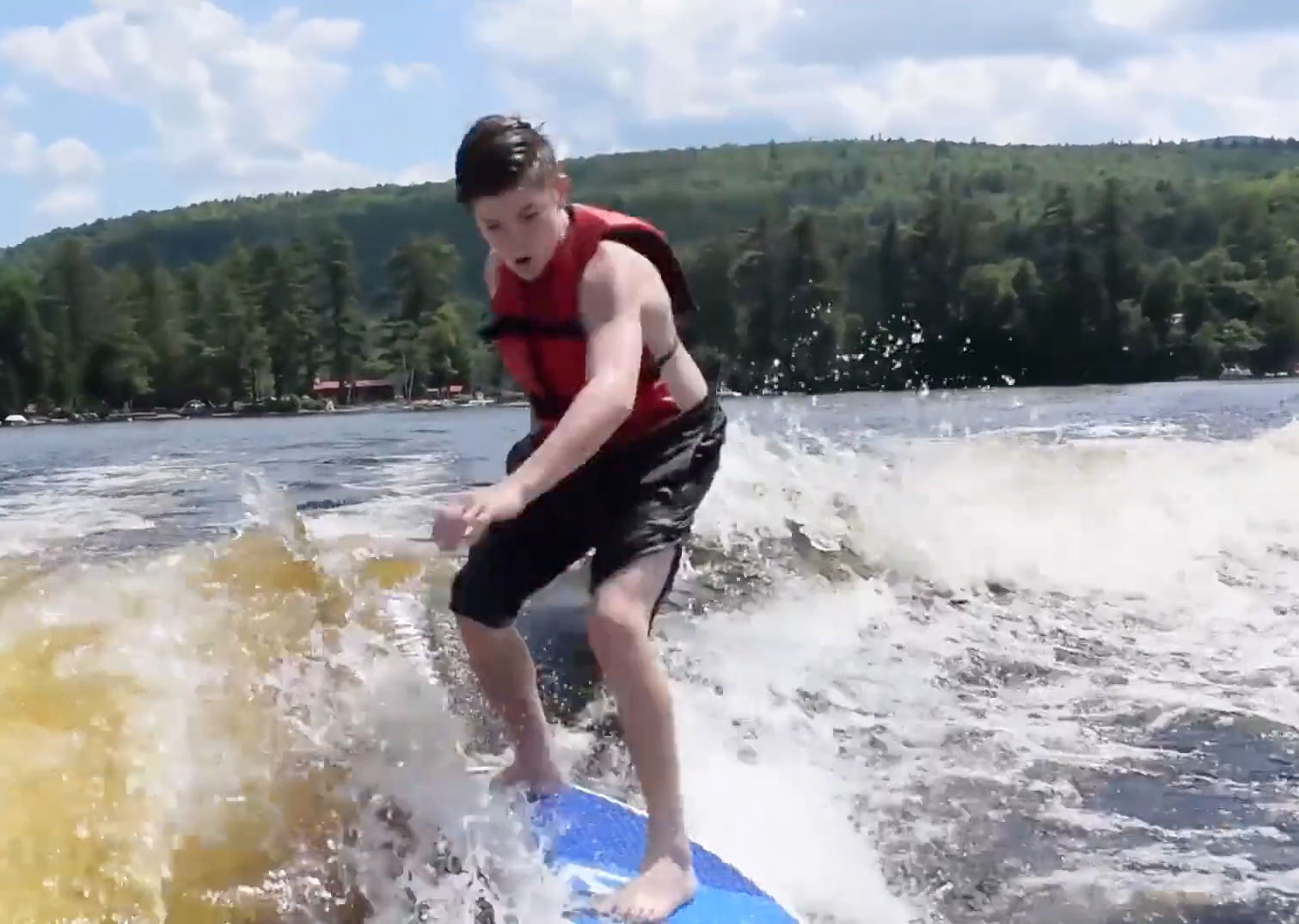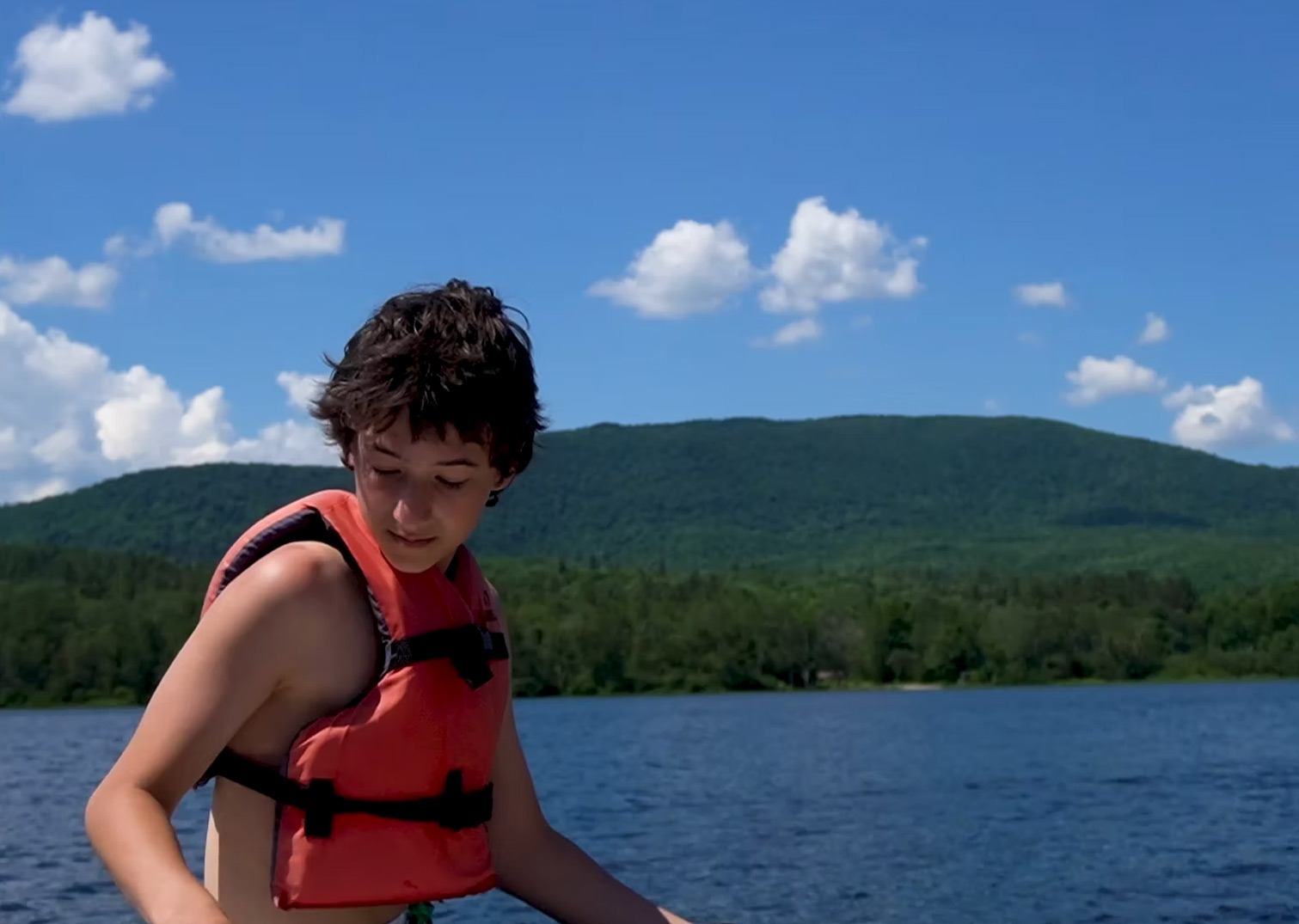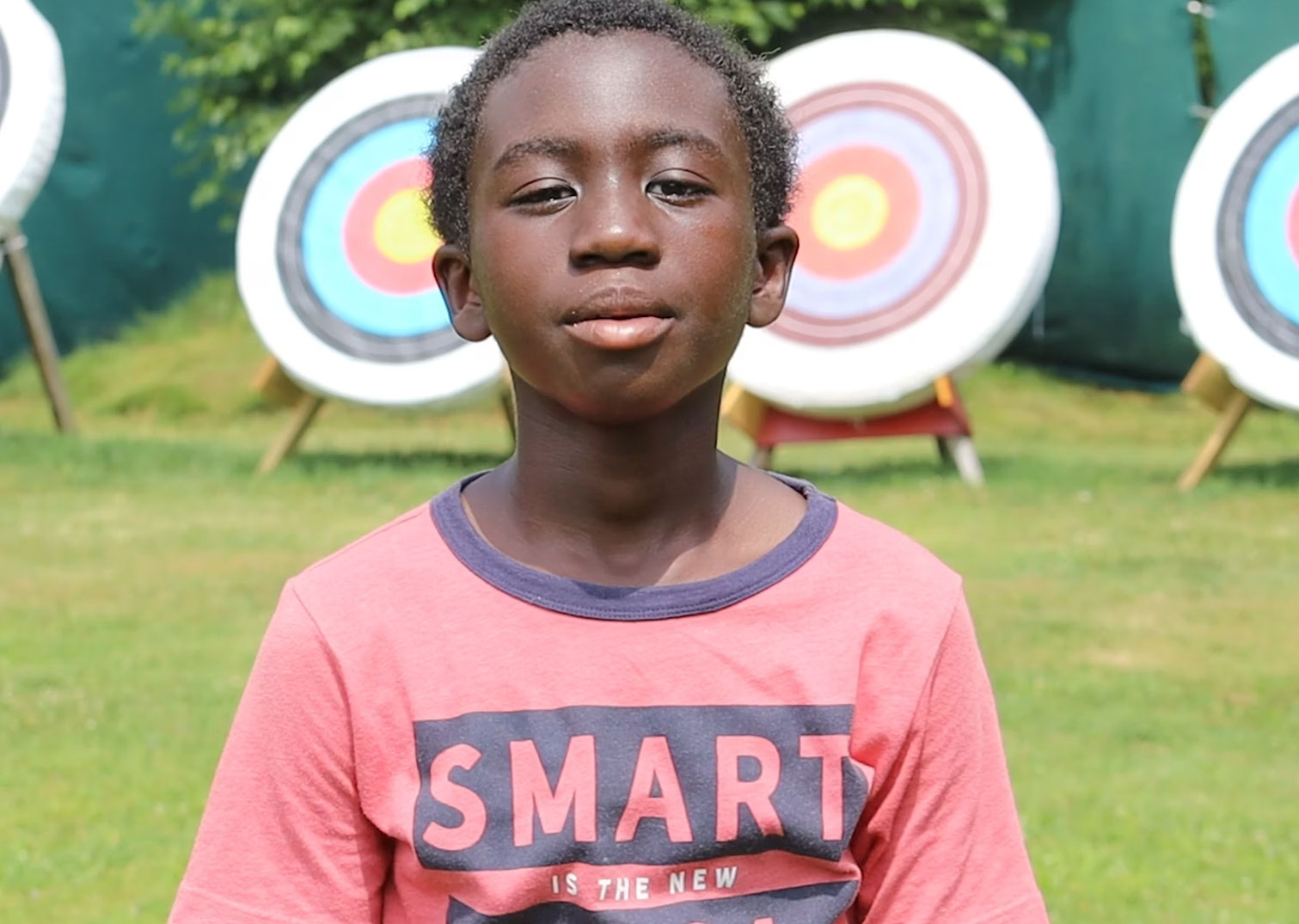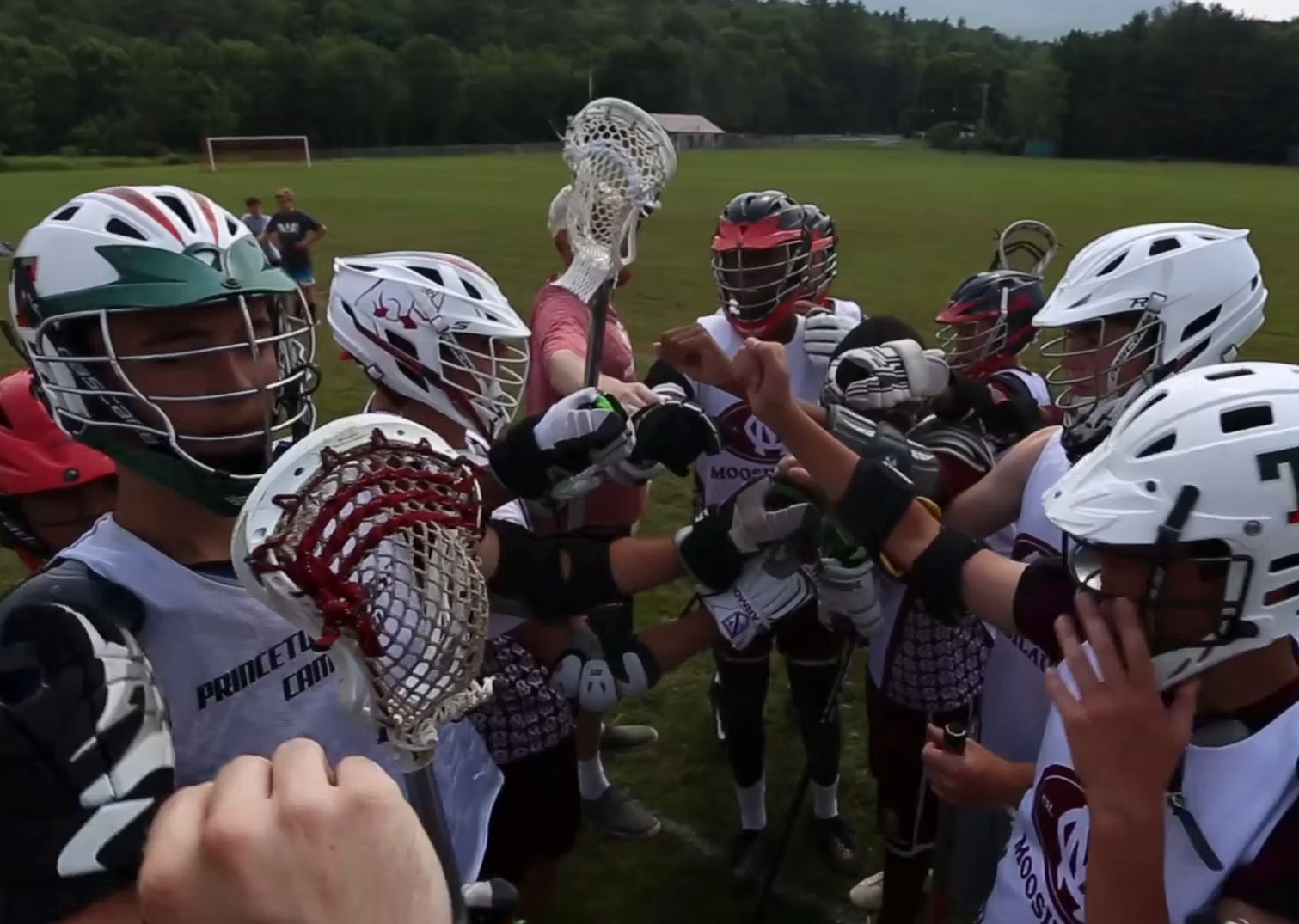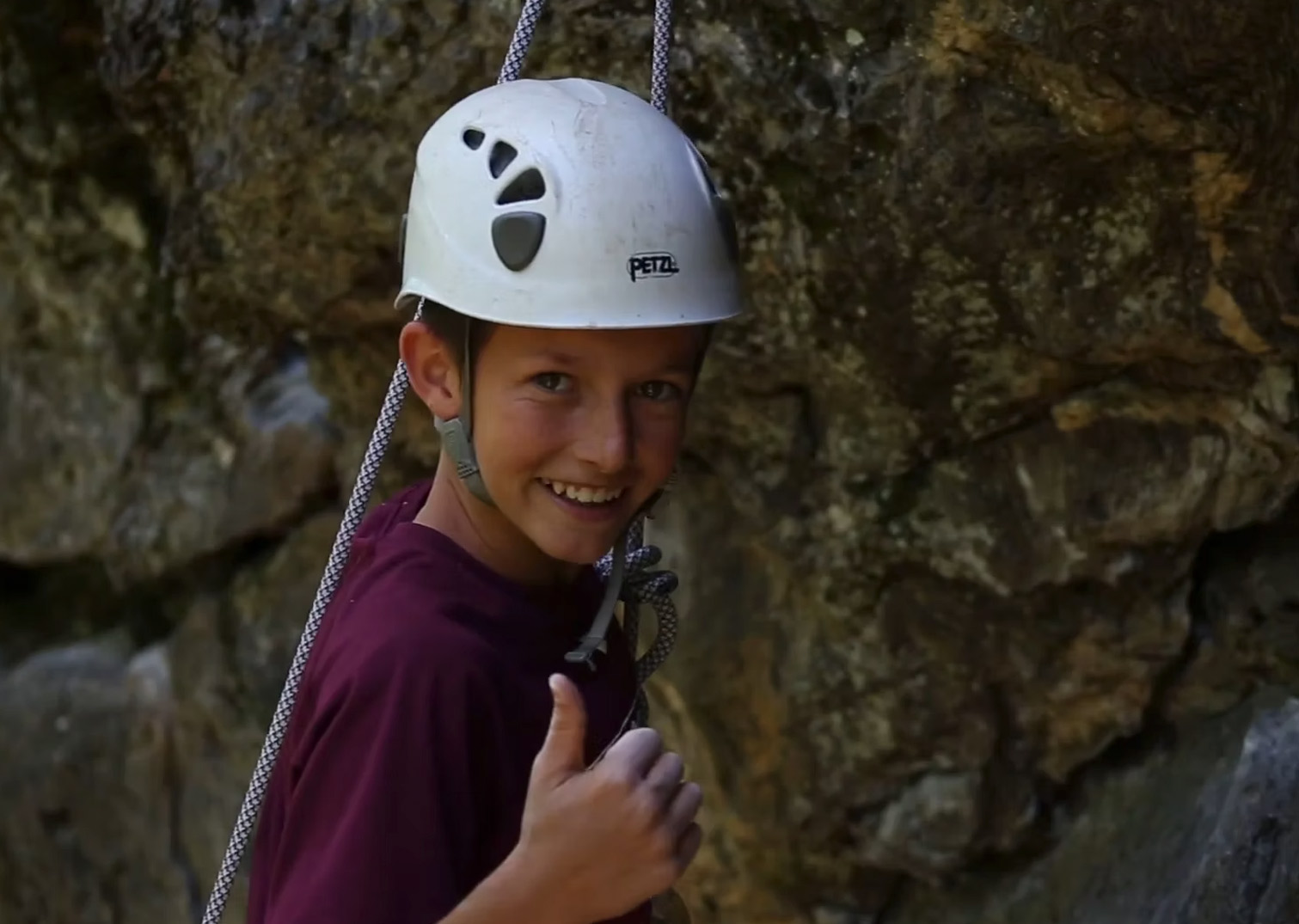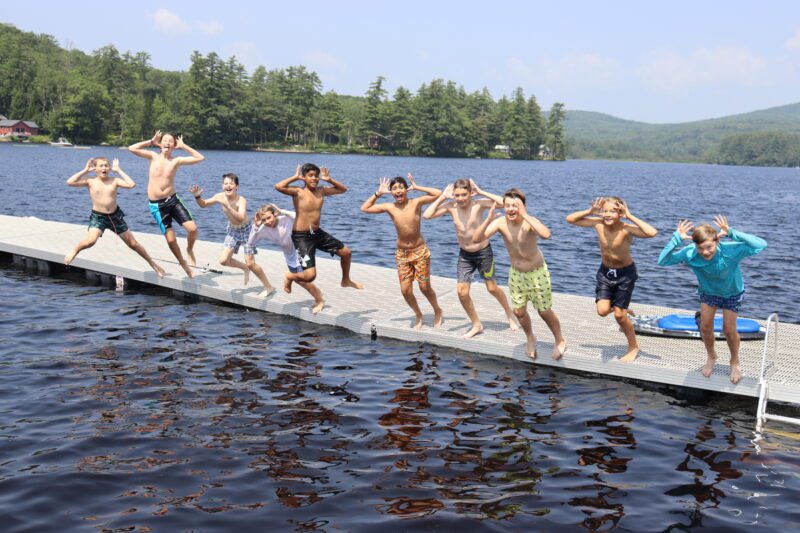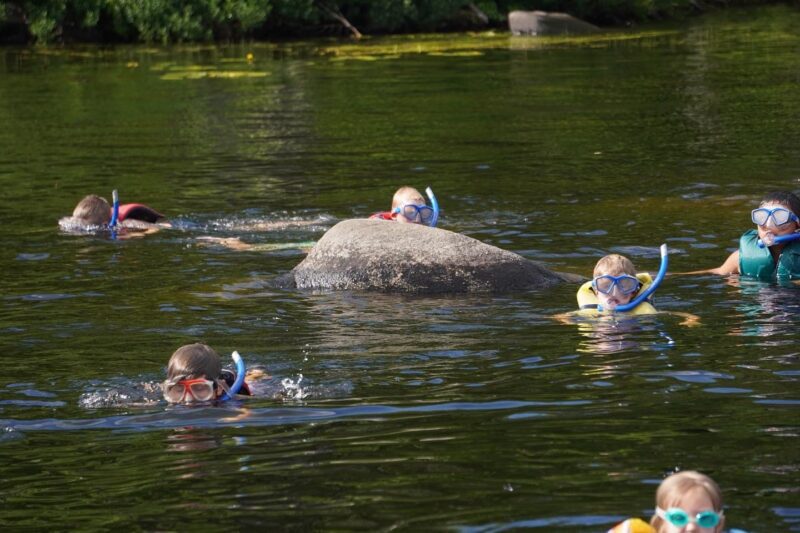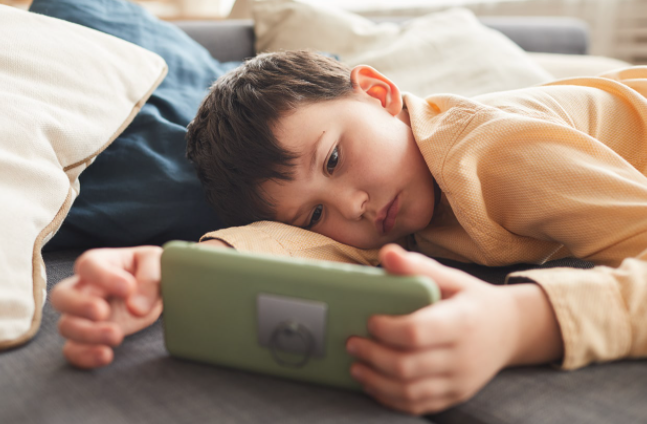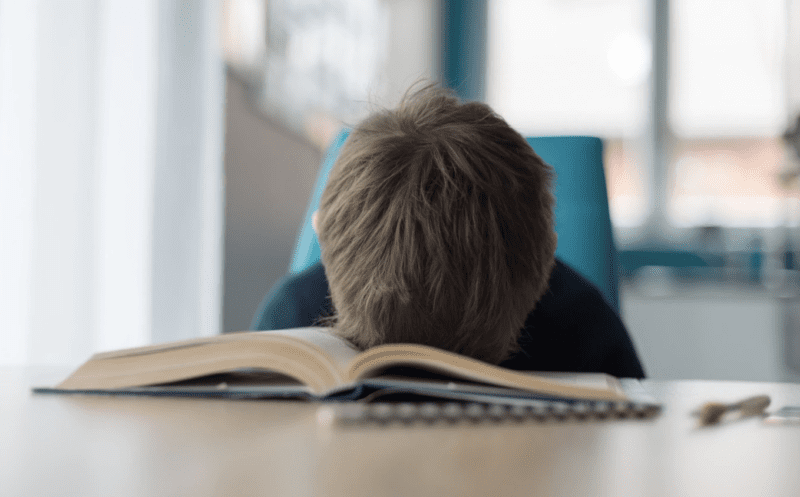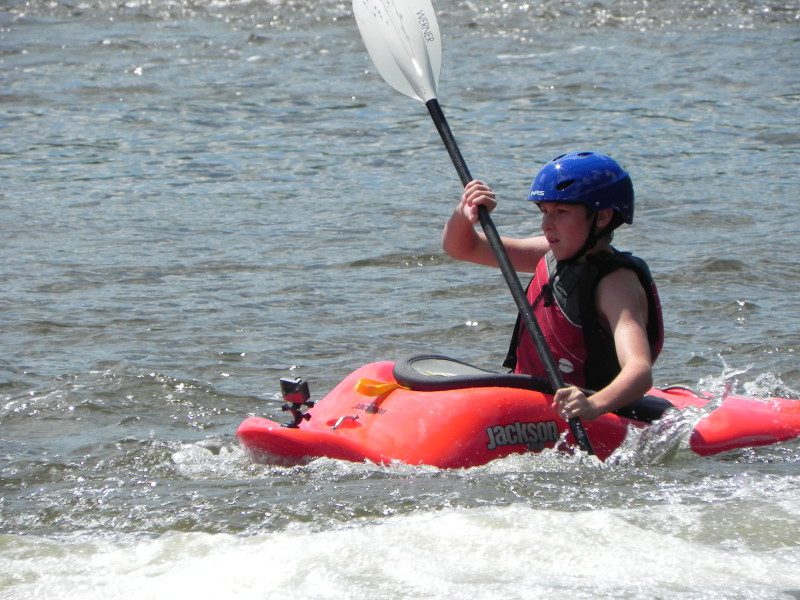Why Your Child Needs a Little Stress and Mess
We need to teach kids that stressful situations are not to be feared and that stress is not necessarily a bad thing.
Why Your Child Needs a Little Stress and Mess
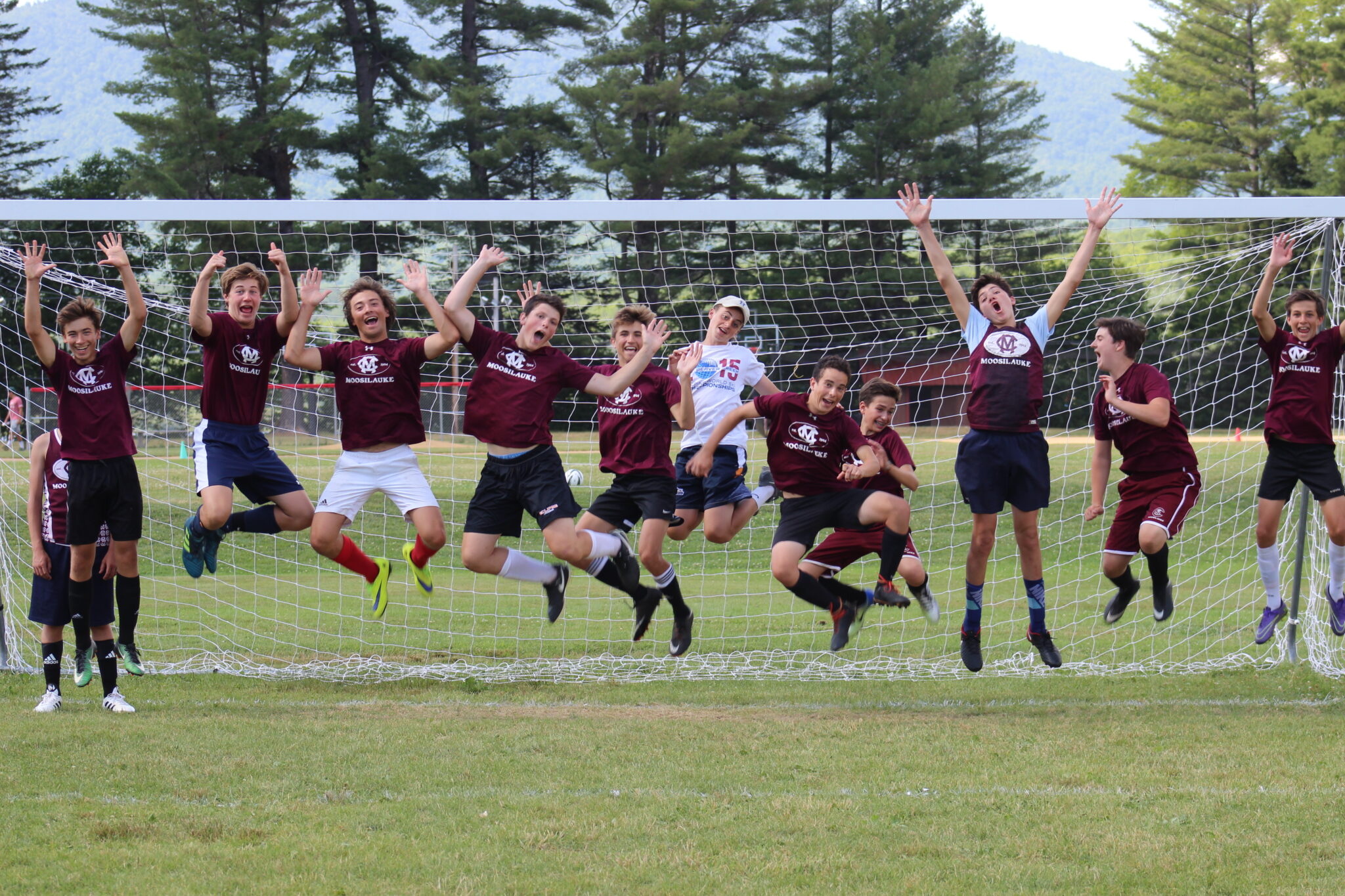
We need to teach kids that stressful situations are not to be feared and that stress is not necessarily a bad thing.
By Bill McMahon, Co-Director
William Stixrud and Ned Johnson, in their new book, “The Self-Driven Child: The Science and Sense of Giving Your Kids More Control Over Their Lives,” are the latest authors to sound the alarm bell about the mental health of young people today. They write: “Adolescents and young adults today are five to eight times more likely to experience the symptoms of an anxiety disorder than young people were at earlier times, including during the Great Depression, World War II, and the Cold War.”
They cite a number of reasons for this phenomenon, but they see the number one culprit being the way parents micromanage their kids via the “boss” model of parenting. The authors believe we cannot control our kids and that trying is harmful.
They write that parents should see their role as “consultants” as opposed to “bosses” with the end goal of developing “agency.” According to the research, “Agency may be the one most important factor in human happiness and well-being.” Agency is about “perceived control.” The authors state it is “the confidence that we can direct the course of our life through our own efforts.” In many ways, the concept of agency parallels Carol Dweck’s notion of a growth mindset where individuals believe that their skills and intellect are malleable and that working smart and hard makes all the difference in achieving success.
The authors posit that in place of parental pressure and external rewards, we need to foster a child’s inner drive and motivation, hence the title The Self-Driven Child. They write that “Research over the last four decades has repeatedly demonstrated that incentives like sticker charts, consequences, and other forms of parental monitoring that are laid on children actually undermine this type of motivation.”
The authors spend time dissecting self-determination theory (SDT) since it focuses on how we develop internal motivation. SDT makes the case that humans have three basic needs: a sense of autonomy, a sense of competence, and a sense of relatedness.
One of their points that I found most interesting is the concept of SDT as a three-legged stool. They write that in the U.S. today, the stool is usually unstable because the competency leg is too long since parents are over-emphasizing it. The authors write: “Many parents put all their focus on a narrow definition of competence, thinking that if their son or daughter becomes incredibly skilled at math, or at playing soccer, then his or her intrinsic motivation will kick in. These parents focus so much on the performative aspects of competence that, through their nagging and plan making, they actually compromise the fulfillment of the other two needs, autonomy and relatedness.”
As I have written many times before, one of the amazing benefits of a positive overnight camp experience is the degree to which it fosters autonomy while instilling a sense of competence and relatedness. And the authors agree: at one point in the book, they highlight the power of sleepaway camp and bemoan that the rest of the world does not provide what it provides.
At Moose, every waking hour of every day, our campers are experiencing autonomy and developing agency via:
At the same time, they are also taking on an amazing array of responsibilities and activities that include:
And it all takes place without their parent’s supervision and involvement!
Experiencing all this autonomy is not always easy, whether it is at home or at camp. And to state the obvious, it can be a little stressful and messy. But according to the experts, this is a good thing. The authors write: “We don’t think it’s possible to protect kids from all stressful experiences, nor would we want to. In fact, when kids are constantly shielded from circumstances that make them anxious, it tends to make their anxiety worse. We want them to learn how to deal successfully with stressful situations— to have a high-stress tolerance. That’s how they develop resilience. If a child feels like he’s in control in a stressful situation, then in later situations when he might actually not be in control, his brain will be equipped to handle that stress better. He is, in effect, immunized.”
Given all of this, one of the keys for parents (and camp staff) is that we don’t try and micromanage the tough situations children invariably encounter. Instead, we all need to act as consultants with a primary goal of helping young people lean into the challenging moments and situations and be the primary driver of the solutions. We need to teach kids that stressful situations are not to be feared and that stress is not necessarily a bad thing.


